Breeding bees in Swiss valleys
Since 1985, the total number of bees in Switzerland has fallen by a quarter. The photographer and beekeeper Marc Latzel has documented a special breed of bee that thrives in Alpine valleys.
In the Kiental valley in the Bernese Alps, Peter Linder has set up a Carnica nursery. Here he breeds purebred Carnica queen bees using careful selection and artificial insemination. Carnica bees are a subspecies of the Western honey bee known for their ability to defend themselves against pests.
Remote Swiss mountain valleys are ideal places for breeding, as they prevent different bee species from mixing and ensure that pure-bred queen bees can develop properly. Beekeepers travel from far afield to have their queens mated there.
A bee colony consists of worker bees, drones and a single queen. The queen bee is followed by 5,000-40,000 other bees, depending on the season. She differs only slightly from the workers – she’s a little bit bigger and longer.
Without the queen bee, nothing happens in the colony. The queen is a real egg-laying machine. Her genes, and those of the drones mating with her, determine the behaviour of her colony: is it gentle or aggressive, productive or not, is it robust or susceptible to disease?
A queen bee is between two and five years old. She governs her colony via the pheromones she releases. Every bee therefore knows which hive it belongs to and the task it has to carry out. Pheromones also control and stimulate the sex drive of drones.
Worker bees born in summer work their whole lives, only six to eight weeks. First a worker is responsible for cleaning the comb, then for feeding the larvae and the queen, and then for building new honeycombs.
A bee is then used as a guard to defend the hive. Finally, it spends the rest of its life collecting nectar, pollen and water to produce honey. Exhausted, it usually dies somewhere outside the beehive, just like thousands of other bees do on a daily basis.
Today, Switzerland is home to 165,000 bee colonies, which are looked after by some 17,500 beekeepers. On May 20, beekeepers, researchers and enthusiasts across the globe will mark World Bee Day. External link
Adapted from German/urs
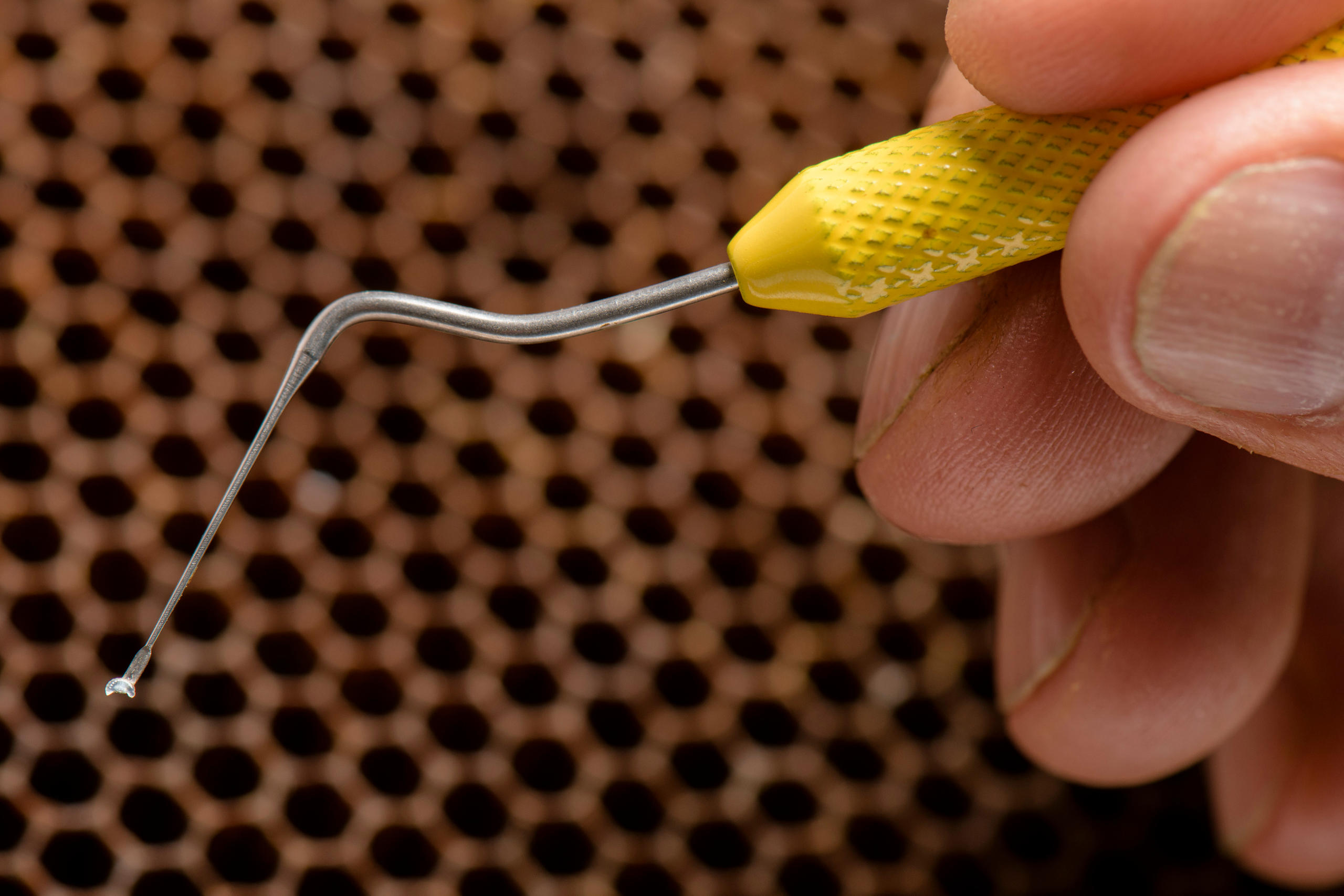
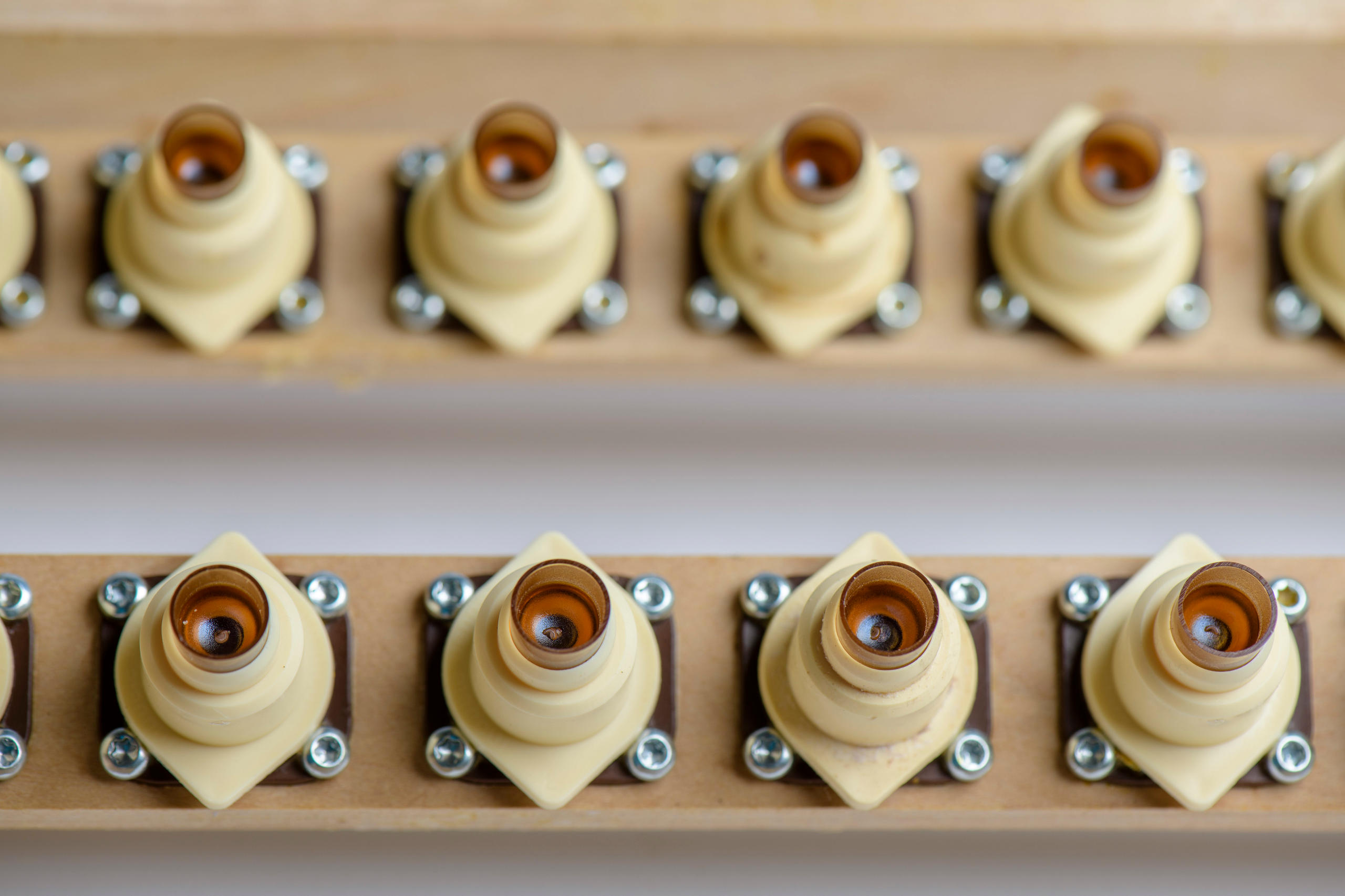
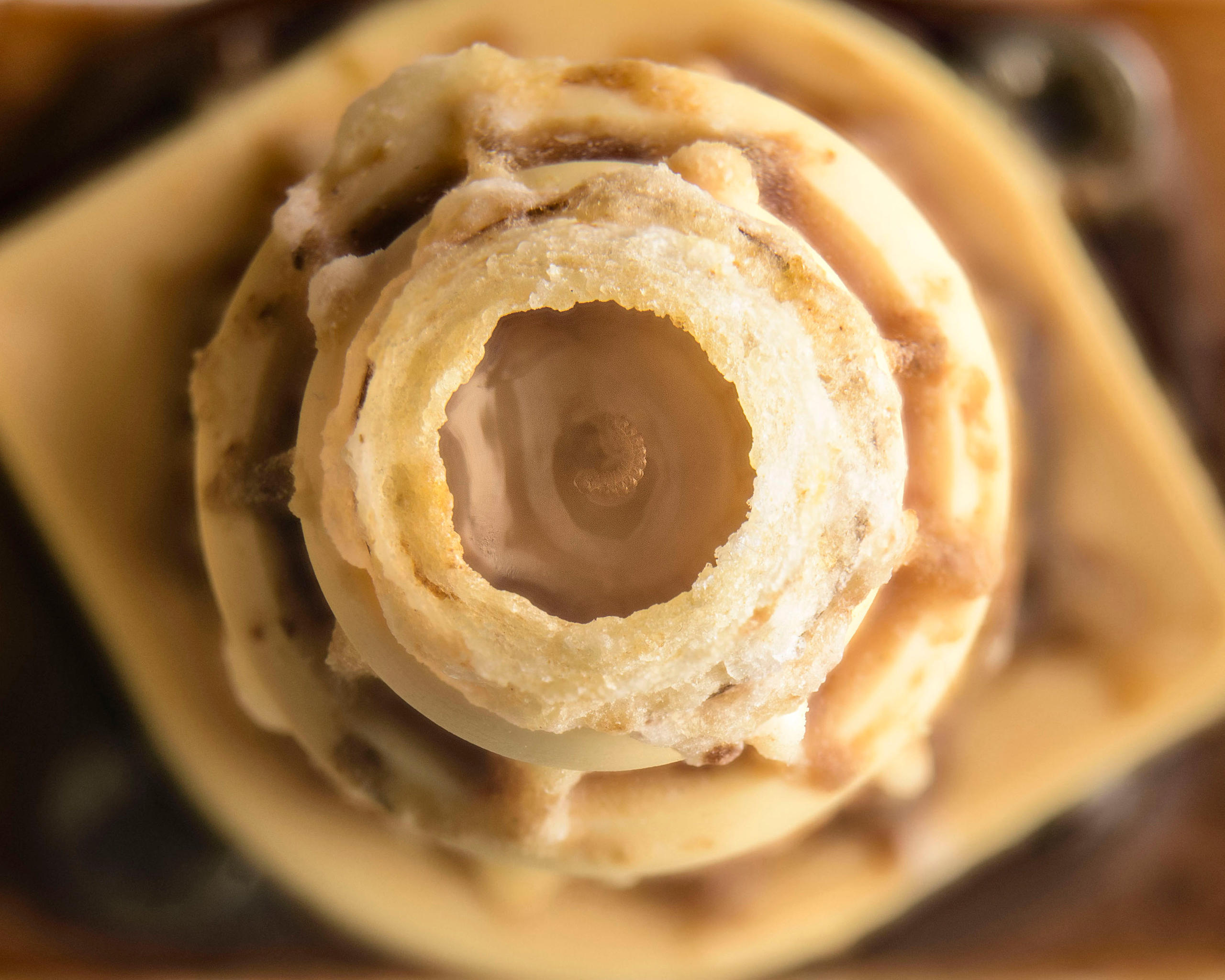
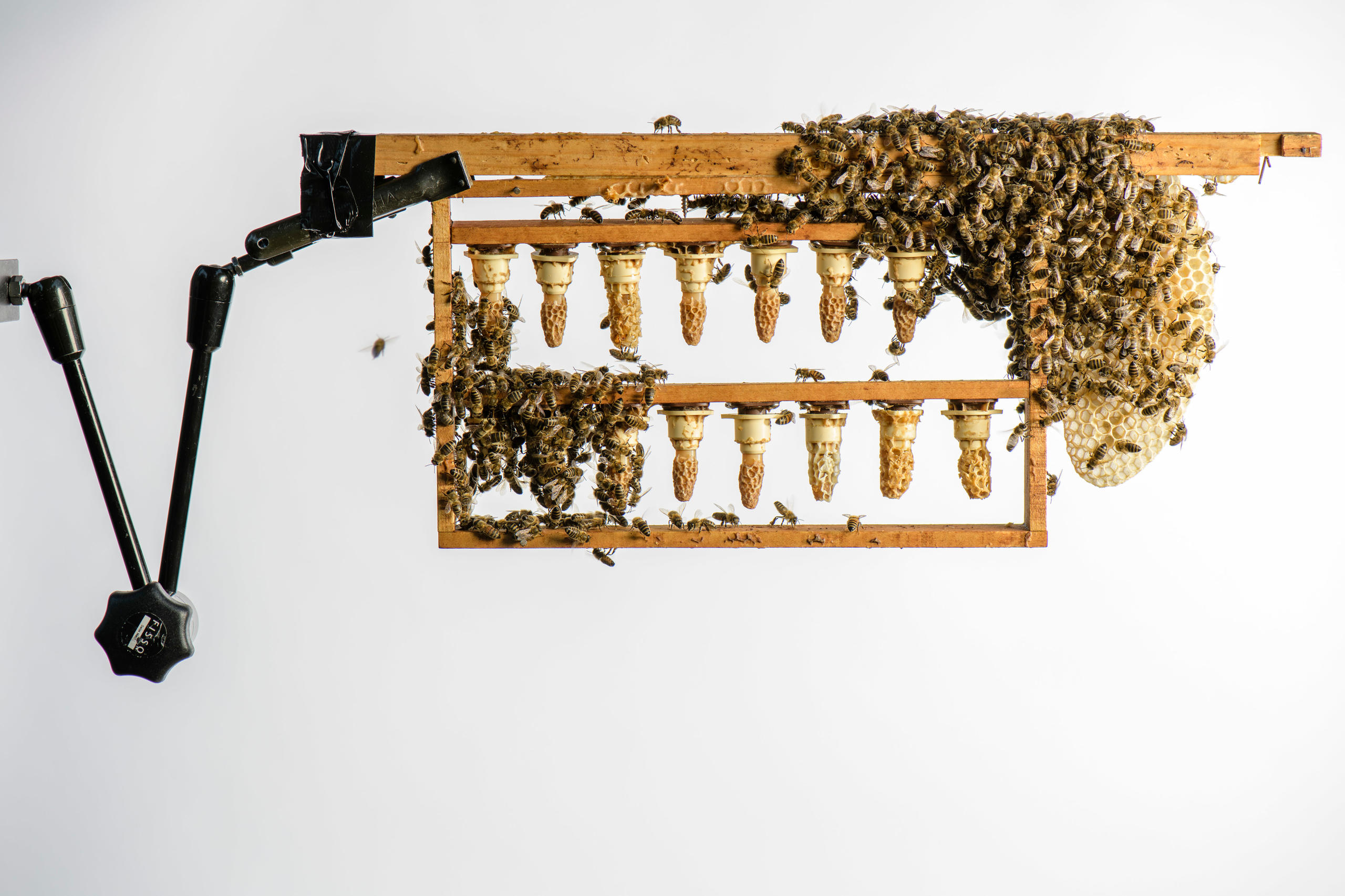
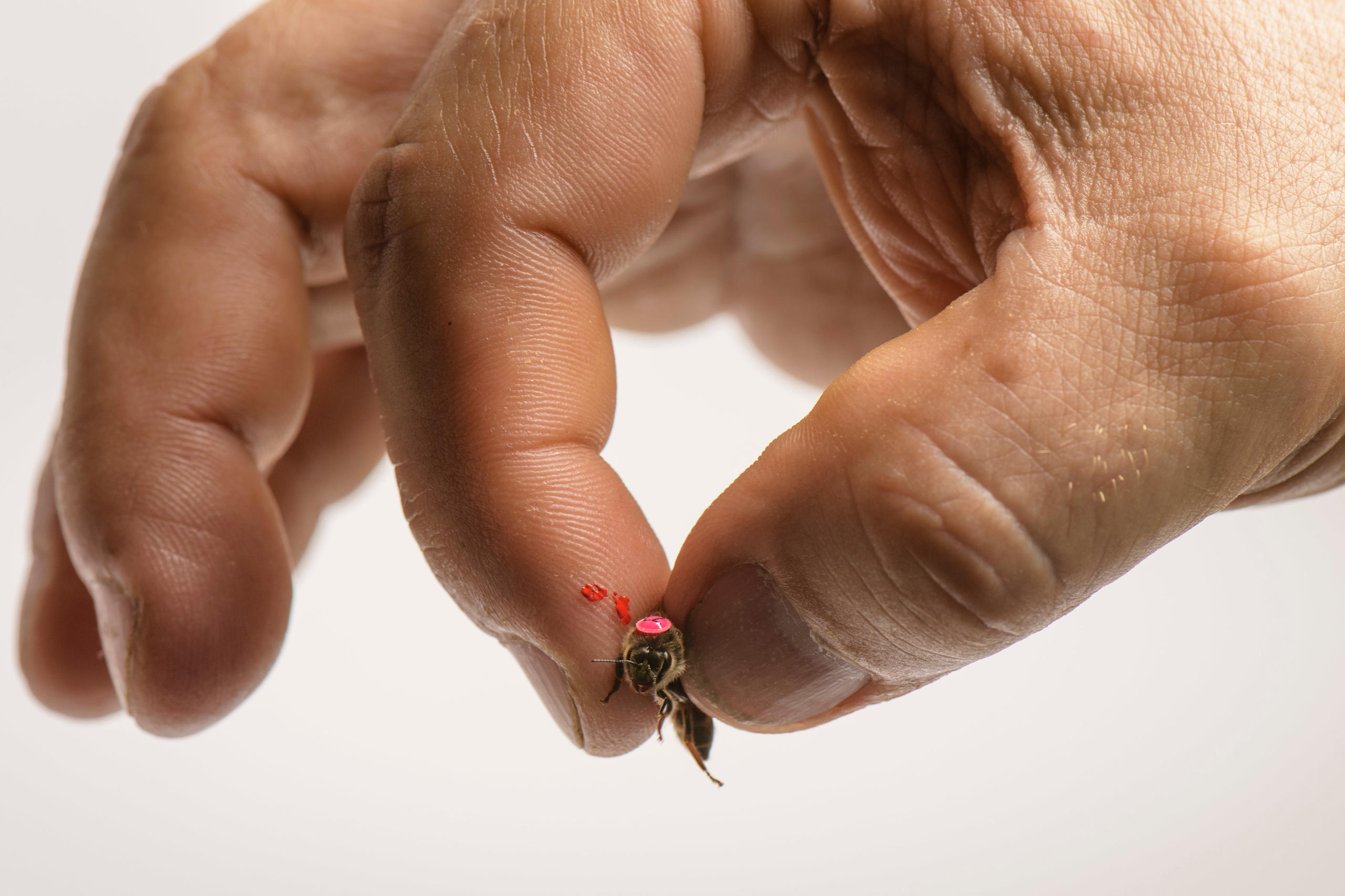


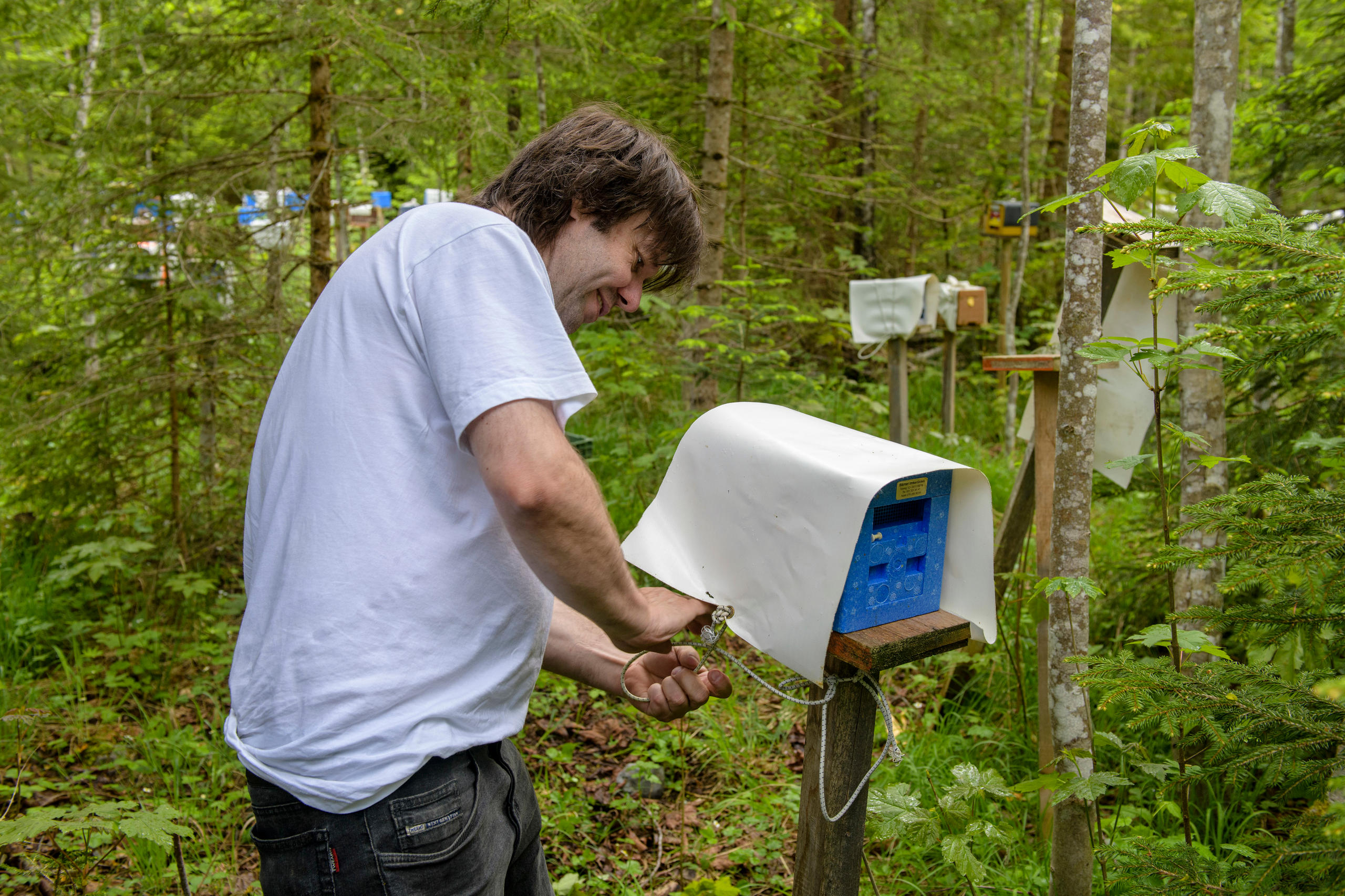
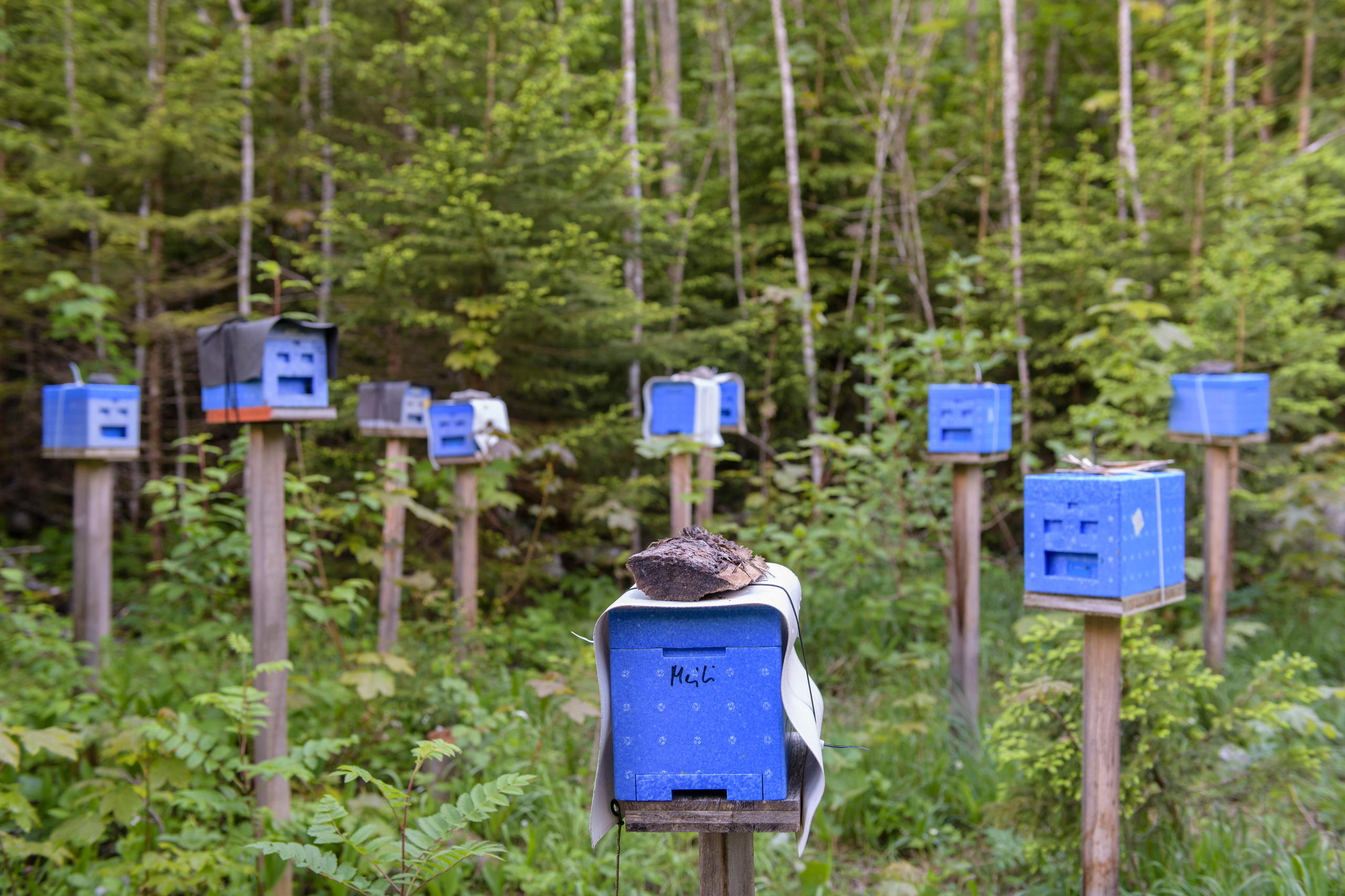
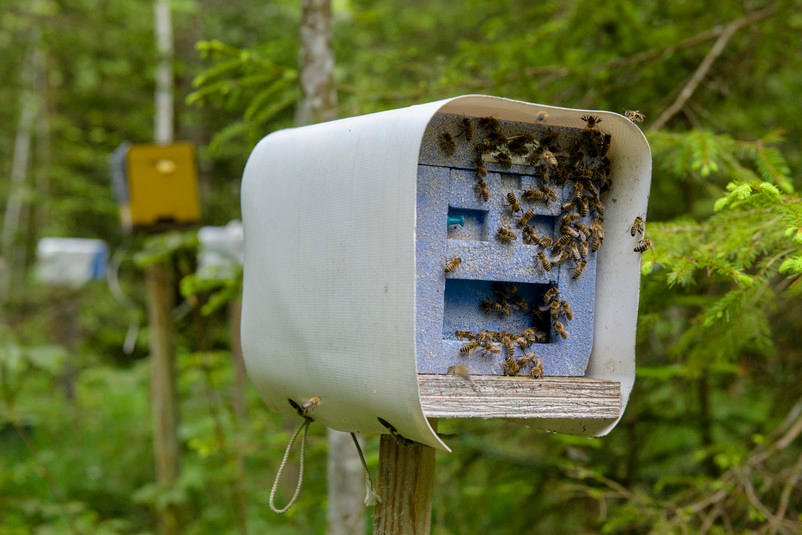
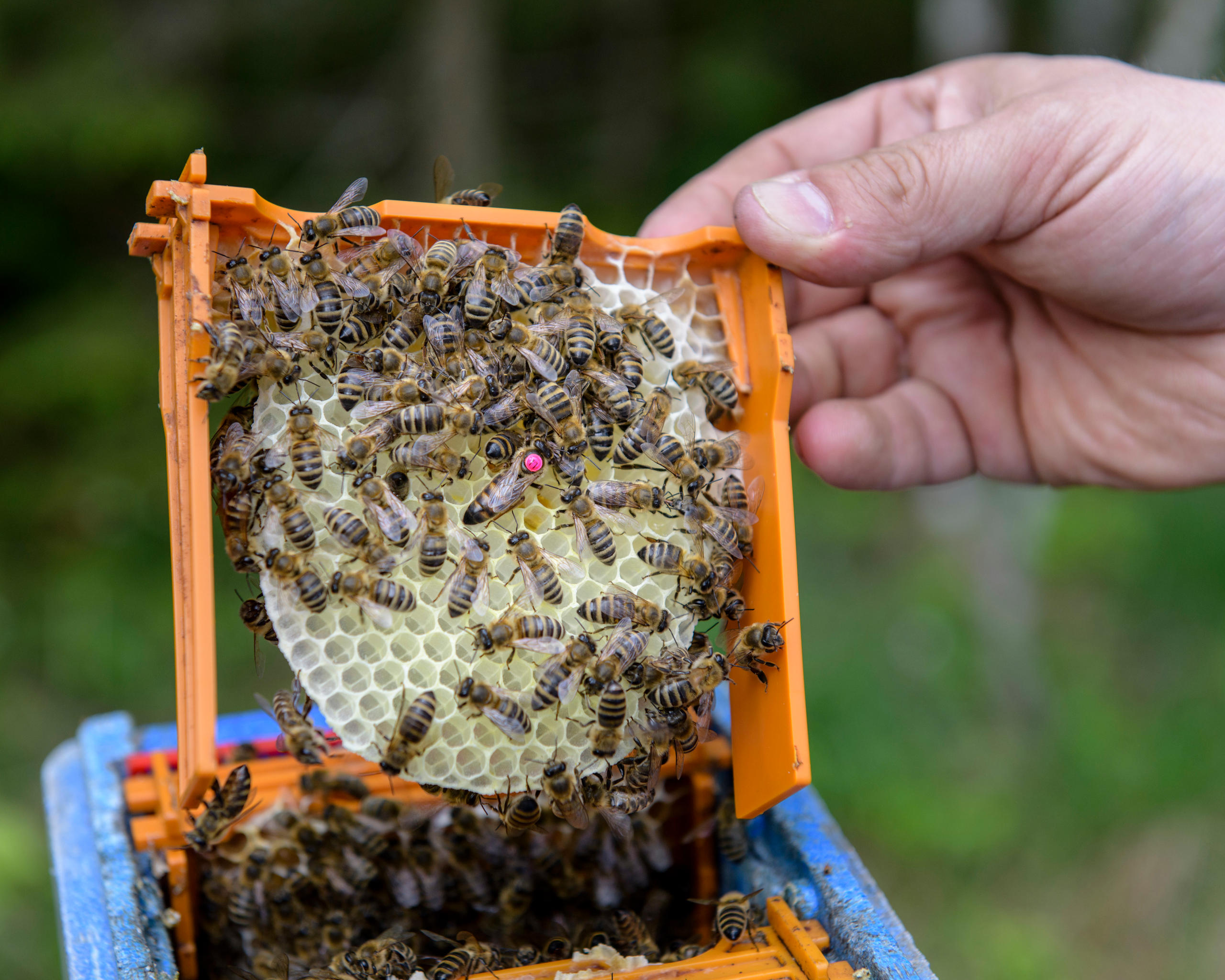
You can find an overview of ongoing debates with our journalists here . Please join us!
If you want to start a conversation about a topic raised in this article or want to report factual errors, email us at english@swissinfo.ch.